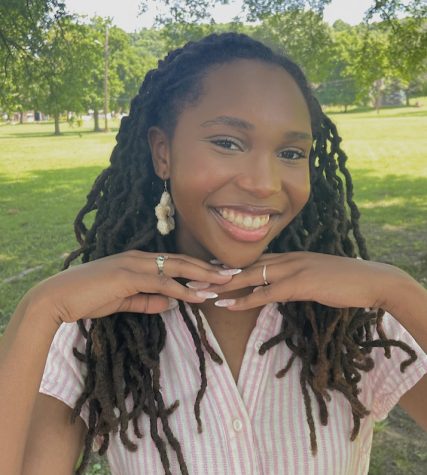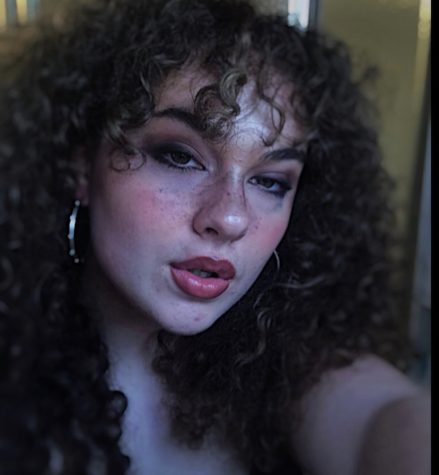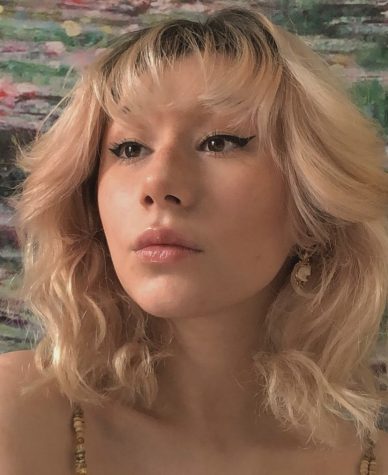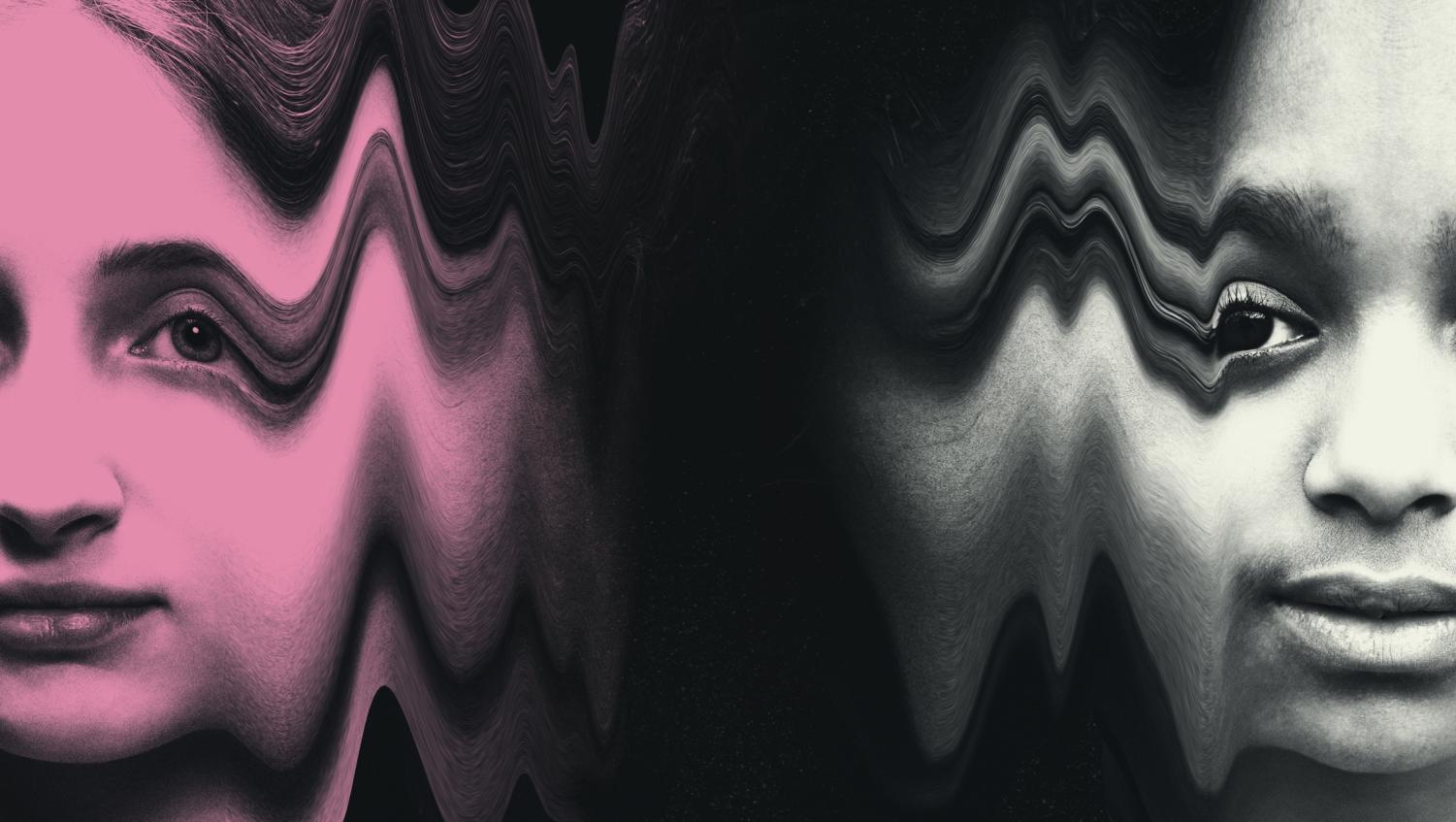
ARE BEAUTY FILTERS HARMFUL?
April 7, 2022
Beauty filters are known to be a quick way to digitally change or fix certain aspects of your appearance. When face filters first appeared on social media, they allowed people to play a kind of virtual dress-up. Such as adding a flower crown on your head or suddenly having your face grow a mustache. But today, young people, especially teenage girls, could be using these filters to “beautify” their appearance in the hope of having a model look. So, is sharpening and enhancing our faces and bodies all that harmful? Or should we find another way to heighten our features?
Three students who are all avid users of Snapchat, Instagram, and TikTok, where these filters are popular with millions of people, were interviewed to see how they feel about using beauty filters on young teens. And most agreed that, to a certain extent, many beauty filters on social media could distort a person’s reality of what they truly look like.

Jacquelyn Paul, a senior & vocal major from Beaver PA, stated,” I don’t think filters are inherently bad or harmful. I like Vsco filters, and I think they can make pictures super pretty! However, beauty filters and feature-altering filters are where I feel they promote unrealistic beauty standards. It alters your face to look like society wants you to and makes you feel bad when the filter is off. ”

She also adds,”I think seeing yourself in a way that is desirable by our beauty standards makes you feel horrible about yourself because a lot of the things it changes about you are surgical things, not quick fixes. “
Kenna Ambrose, a junior and theatre major from Butler, PA, added another perspective and said, “While I do think that a lot of beauty filters can be fun, like testing out different colors of hair. Or seeing what you might look like with freckles. Many beauty filters add the same euro-centric contouring to your face. I think this pushes an overwhelming specific, racist beauty standard and can be extremely disheartening to people outside of this small mold. ”
Maddie Hunter, a junior and theatre major from Ambridge, also agreed with both Ambrose’s and Paul’s reasoning and stated, “Beauty filters are fairly harmful. They’re not completely harmful in the sense that someone may want to hide insecurity. But, influencers that say they’re all-natural and never use filters, even when they do, is the most harmful part. I feel like beauty filters wouldn’t be so harmful if the filter user themselves wouldn’t conceal the fact when asked that they are using one. “Heavy filter use can result in social anxiety and damage self-esteem because we can never be ‘good enough’ if our standard is an artificially constructed ‘perfect’ version of ourselves.”
In a 2019 study from Mary Ann Liebert, Inc., publishers stated, “Social media platforms and photograph (photo) editing applications are increasingly popular sources of inspiration for individuals interested in cosmetic surgery. However, the specific associations between social media and photo editing application use and perceptions of cosmetic surgery remain.”
When asked if beauty filters create facial dysphoria, Ambrose states, “I’m not sure it can entirely cause it. Still, for those who already experience body dysmorphia, filters can increase the symptoms and alter the image your dysmorphia creates. Again speaking from personal experience, when I turn into the mirror, I often expect my nose to be a little smaller, my eyes and lips to be a bit bigger, and maybe even a slimmer appearance to my face. The specific features of our current beauty standard have a hold on those with body issues.
But, Hunter begged to differ and agreed that face alternating filters are the leading cause of facial dysphoria: The human brain can be very toxic. And the filters do not help and fuel and create facial dysmorphia most of the time. The beauty filters do not just paint on some highlights and blur your pores anymore. They pinch your nose, pull your cheekbones, and some even change the skin tone a little bit, and that’s not okay for anyone.”

